
RELIABLE GASTROENTERELOGY CARE
Medithics - Gastroenterology Department
Gastroenterology deals with the human digestive system, the liver & the gastrointestinal(GI) tract comprising of stomach, small intestine, large intestine, rectum, etc. and its disorders. It is different from gastrology which is focused only on the stomach and stomach diseases. Gastroenterologists in Kolkata provide diagnosis and treatments of diseases and abnormal functions of the liver, stomach, rectum, colon, esophagus, gallbladder, bile ducts, small intestine and pancreas. A Senior Gastroenterologist is part of Medithics team of doctors. Medithics offers quality services to diagnose and treat gastroenterology problems with efficiency. Any signs and symptoms of several gastroenterological problems should not be neglected and treated right away by a good gastroenterologist in Kolkata.
Meet Our Doctors

DR. JOY MUKHERJEE
Qualifications:
| MBBS | MD (GASTRO) | 65343 (WBMC) |

DR. SWASTIK AGARWAL
Qualifications:
| MBBS | MD (AIIMS, DM Hepatology (PGIMER), Fellow in Liver Transplant & EUS (UK), Consultant Hepatologist & Liver Transplant Physician, Therapeutic Gastrointestinal Endoscopist |
Our Key Treatments

Our Achievement
Medithics has been serving the mankind for a long time. We are one of the most efficient health clinics in providing quality healthcare solutions to more than 10,000 patients. We have a core team of highly qualified and experienced doctors of all medical fields and skilled staff members who are always there for our patients. We have successfully performed more than 7,000 surgeries. Our mission is to help the people more, and our name is our identity.
Colonoscopy
A colonoscopy is an exam used to detect changes or abnormalities in the large intestine (colon) and rectum. During a colonoscopy, a long, flexible tube (colonoscope) is inserted into the rectum. A tiny video camera at the tip of the tube allows the doctor to view the inside of the entire colon. If necessary, polyps or other types of abnormal tissue can be removed through the scope during a colonoscopy. Tissue samples (biopsies) can be taken during a colonoscopy as well.
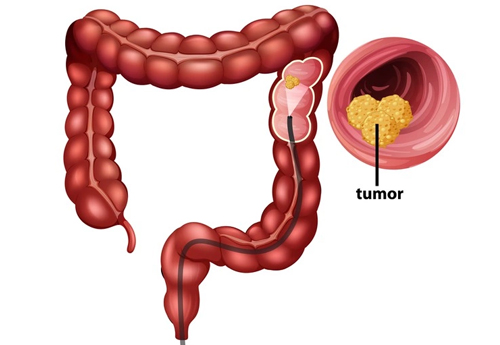
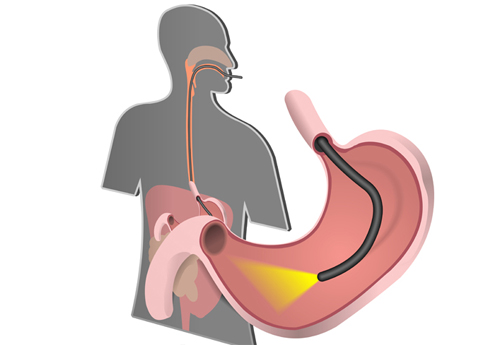
Endoscopy
Endoscopy is a nonsurgical procedure used to examine a person's digestive tract. Using an endoscope, a flexible tube with a light and camera attached to it, your doctor can view pictures of your digestive tract on a color TV monitor. During an upper endoscopy, an endoscope is easily passed through the mouth and throat and into the esophagus, allowing the doctor to view the esophagus, stomach, and upper part of the small intestine. Similarly, endoscopes can be passed into the large intestine (colon) through the rectum to examine this area of the intestine. This procedure is called sigmoidoscopy or colonoscopy depending on how far up the colon is examined.
Liver Treatment
Finding the cause and extent of liver damage is important in guiding treatment. Your doctor is likely to start with a health history and thorough physical examination. Your doctor may then recommend:
- Blood Tests : A group of blood tests called liver function tests can be used to diagnose liver disease. Other blood tests can be done to look for specific liver problems or genetic conditions.
- Imaging Tests : An ultrasound, CT scan and MRI can show liver damage.
- Checking a tissue sample : Removing a tissue sample (biopsy) from your liver may help diagnose liver disease and look for signs of liver damage. A liver biopsy is most often done using a long needle inserted through the skin to extract a tissue sample that's sent to a lab for testing.
Treatment for liver disease depends on your diagnosis. Some liver problems can be treated with lifestyle modifications, such as stopping alcohol use or losing weight, typically as part of a medical program that includes careful monitoring of liver function. Other liver problems may be treated with medications or may require surgery. Treatment for liver disease that causes or has led to liver failure may ultimately require a liver transplant.
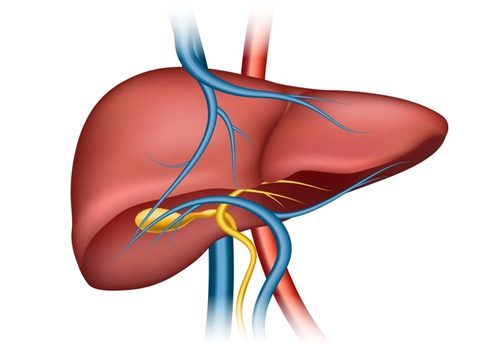

Abdominal Pain
Abdominal pain is pain that occurs between the chest and pelvic regions. Abdominal pain can be crampy, achy, dull, intermittent or sharp. It’s also called a stomachache. Inflammation or diseases that affect the organs in the abdomen can cause abdominal pain. Major organs located in the abdomen include:
- 1. Intestines (small and large)
- 2. Kidneys
- 3. Appendix (a part of the large intestine)
- 4. Spleen
- 5. Stomach
- 6. Gallbladder
- 7. Liver
- 8. Pancreas
Viral, bacterial, or parasitic infections that affect the stomach and intestines may also cause significant abdominal pain.



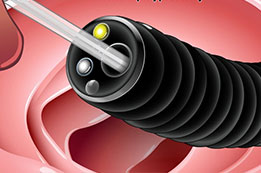
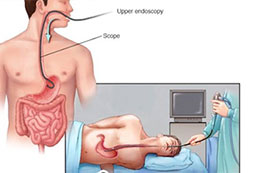
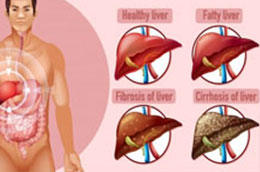


 Download Report
Download Report Call
Call Whatsapp
Whatsapp